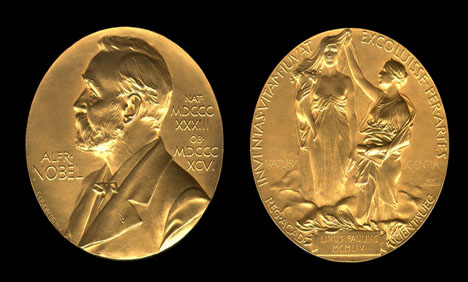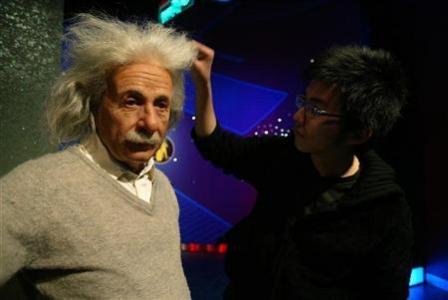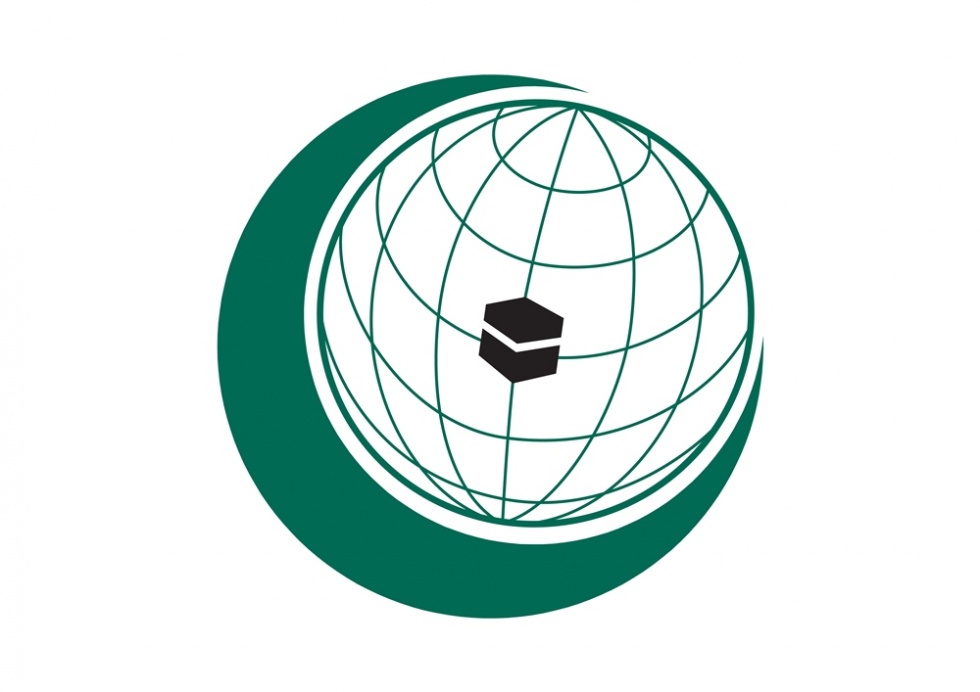 STOCKHOLM, Oct 04 (eNews/AFP) – Who is the oldest Nobel laureate, and who is the youngest? How many women have won a Nobel? How many married couples? Here are some of the answers, based on the Nobel Foundation’s figures.
STOCKHOLM, Oct 04 (eNews/AFP) – Who is the oldest Nobel laureate, and who is the youngest? How many women have won a Nobel? How many married couples? Here are some of the answers, based on the Nobel Foundation’s figures.
– The oldest laureate to win a Nobel was Russian-born American Leonid Hurwicz, who was 90 years of age when he won the economics prize in 2007. He lived only a few months longer, passing away in June 2008.
– In 2007 British author Doris Lessing became the oldest winner of the literature prize, aged 87 when her name was announced. Lessing later described winning the award as a “catastrophe” because it left her no time to write.
– British laureate Lawrence Bragg, who won the physics prize in 1915, was 25 years old when he won and remains the youngest laureate in the history of the prizes. Germany’s Werner Karl Heisenberg, the 1932 physics laureate, was 31 when he won, while British author Rudyard Kipling remains the youngest Nobel literature laureate ever honoured, aged 42 when he took home the prize in 1907.
– The average age of all Nobel laureates in all prize categories between 1901 and 2012 is 59 years.
– Since 1901 when the first Nobel prizes were awarded, 44 women have been honoured — including Marie Curie twice — and 795 men. The first woman to win the economics prize was Elinor Ostrom, in 2009, and only two women have won the physics prize, the last one in 1963, compared to 191 men.
– Between 1901 and 2012, a total of 834 individuals and 21 unique organisations have received the Nobel prize, including some who have been honoured more than once.
– Six fathers and sons have won a Nobel, but there has been only one father-daughter and one mother-daughter pair among the laureates. Three married couples have won Nobels. In each of the three latter cases, French scientist Irene Joliot-Curie was one of the laureates.
– Six laureates have declined a Nobel. The only two to do so of their own will were France’s Jean-Paul Sartre, who turned down the 1964 Literature Prize, and Vietnam’s then- prime minister Le Duc Tho, who refused to share the 1973 Nobel Peace Prize with US Secretary of State Henry Kissinger. Adolf Hitler forbade three German laureates — Richard Kuhn (Chemistry 1938), Adolf Butenandt (Chemistry 1939) and Gerhard Domagk (Medicine 1939) — from accepting the prize, while Soviet authorities forced Boris Pasternak to decline the 1958 Literature Prize.
– Three laureates were in prison when they won the Nobel Peace Prize: German pacifist and journalist Carl von Ossietzky (1935), Myanmar opposition leader Aung San Suu Kyi (1991) and Chinese dissident Liu Xiaobo (2010). Suu Kyi was able to travel to Oslo and give her Nobel lecture on June 16, 2012, more than 21 years after receiving the prize.
– A record 259 nominations have been received for the 2013 Nobel Peace Prize. The names of the nominees and the committee’s deliberations are kept secret for 50 years.
eNewsDesk




































